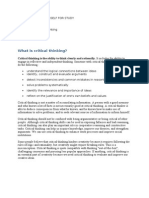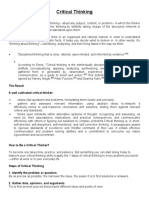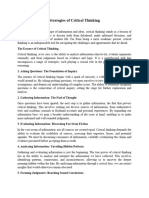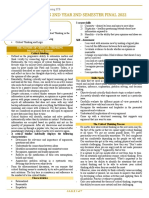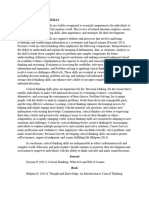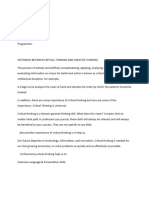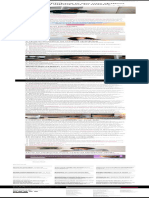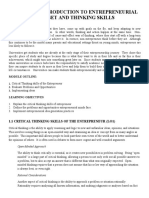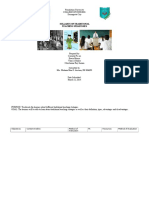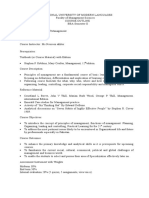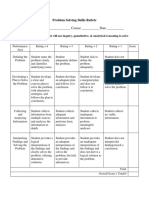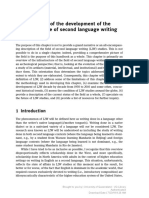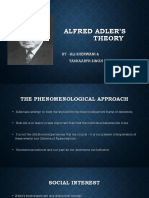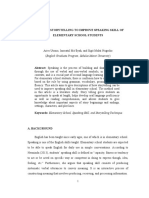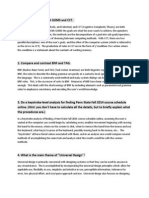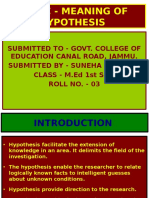0% found this document useful (0 votes)
40 views21 pagesSec Assignment 2121162
Philosophy sec assignment yoga and vipasna
Uploaded by
2121162Copyright
© © All Rights Reserved
We take content rights seriously. If you suspect this is your content, claim it here.
Available Formats
Download as PDF, TXT or read online on Scribd
0% found this document useful (0 votes)
40 views21 pagesSec Assignment 2121162
Philosophy sec assignment yoga and vipasna
Uploaded by
2121162Copyright
© © All Rights Reserved
We take content rights seriously. If you suspect this is your content, claim it here.
Available Formats
Download as PDF, TXT or read online on Scribd
/ 21

